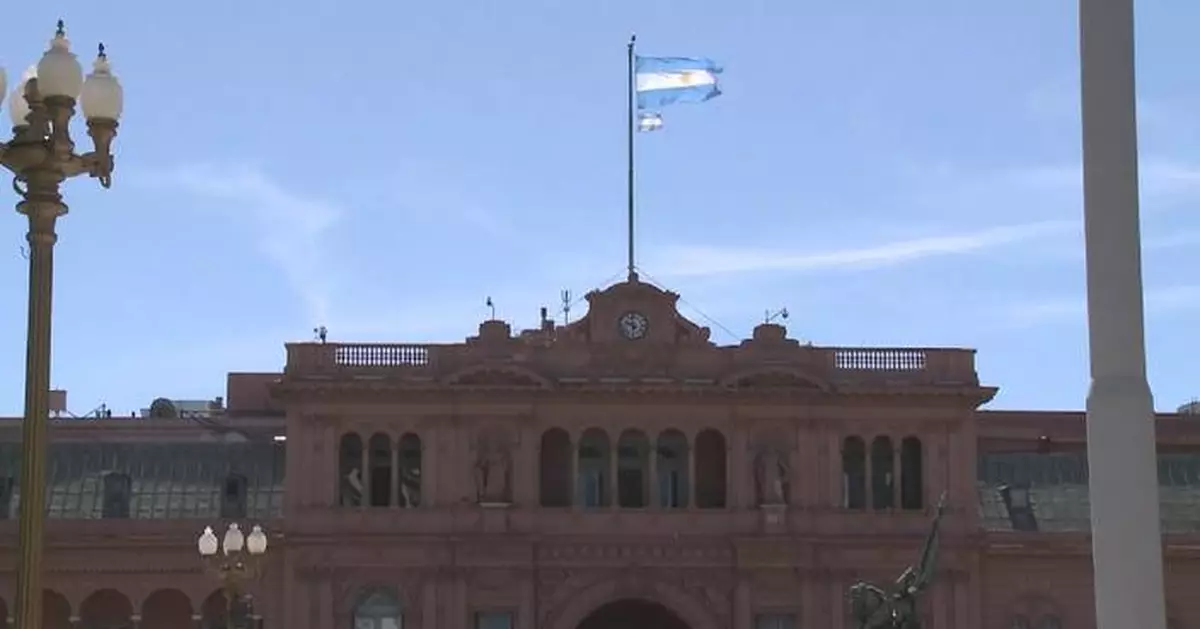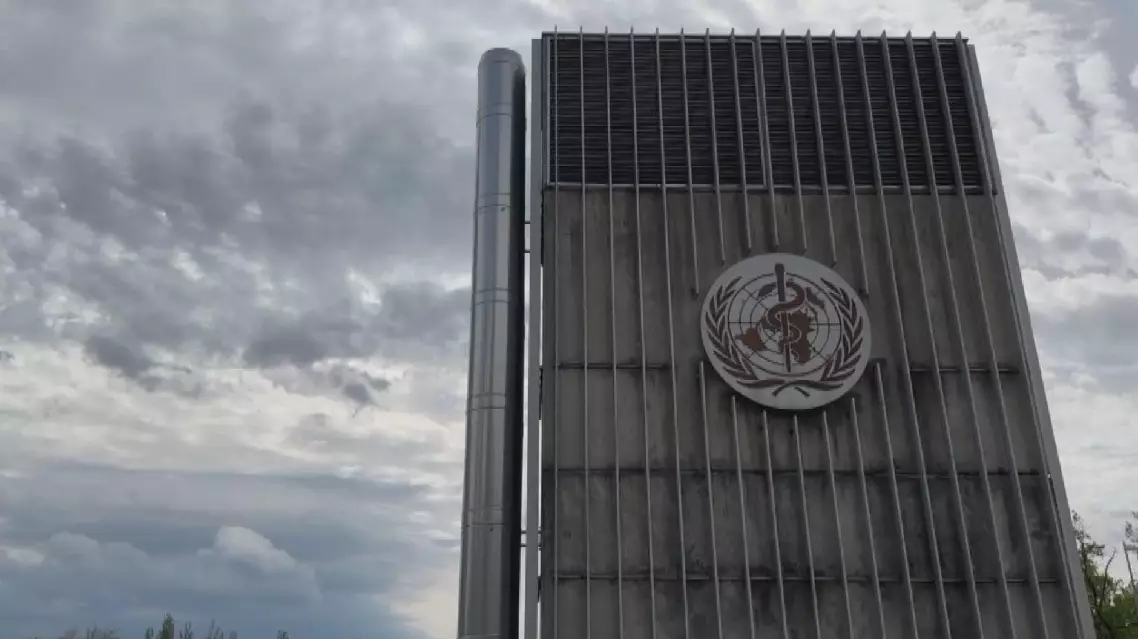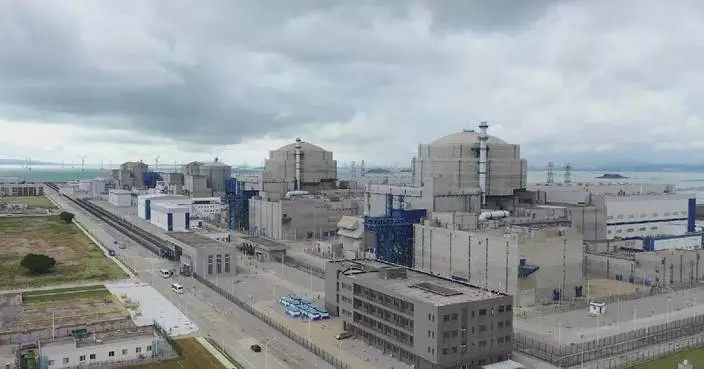Following two years of recession, Argentina's economy is projected to grow by approximately 5 percent this year as financial markets in the country are responding positively to President Javier Milei's reforms.
There are high expectations that the Argentine economy will rebound this year, after contracting by nearly 3 percent in 2024. The country's stock exchange is still celebrating last year's performance.
"At least from the market's point of view, you have something that is very objective. That is the prices. Hard dollar sovereign bonds went from 20 cents to 70 cents in a year. So, that was crazy, a more than 120-percent increase in our index prices. So, performance has been really good," Gonzalo Pascual Merlo, CEO of BYMA Stock Exchange, said in an interview with China Global Television Network (CGTN).
Milei, a right-wing libertarian who took office in 2023, promised what he called economic "shock therapy" to combat Argentina's rampant inflation, including measures such as devaluing the currency peso, reducing government personnel and cutting fiscal expenditure.
Markets have welcomed the economic policies of the president.
"They are doing the proper homework, you know, good fiscal policy, monetary order. Then things start getting together and a very happy and positive cycle starts," Merlo said.
Milei government's symbolic "chainsaw" plan pointed to a series of achievements in 2024, including the first fiscal surplus in 14 years and significant declines in monthly inflation rate from 25.5 percent in December 2023.
"The federal government did a fiscal cut of five points of GDP, this is a huge amount. The poverty rate increased by eight points in the first semester of last year, just because of the economic adjustment. But then it has also very important and positive effect on inflation, which was reduced significantly," said Martin Rapetti, executive director of Buenos Aires-based consultancy Equilibra.
Experts say Milei still faces a series of challenges for his economic reforms to be considered a success, given the slowed but still high inflation, which ended the year at 117 percent, the increase in poverty, slumped manufacturing and industrial sectors as well as other unresolved social issues.
"The main risk I think, I see is that the exchange rate, the peso is probably overvalued. When the peso is overvalued in Argentina, at some point, there might be a correction of that, which means a depreciation of the peso, which could be soft or abrupt. In Argentina, typically is the second," Rapetti said.
Argentina has been negotiating with the International Monetary Fund (IMF) for a new 11-billion-U.S.-dollar loan, as part of the government's ongoing efforts to stabilize its economy and address financial challenges.
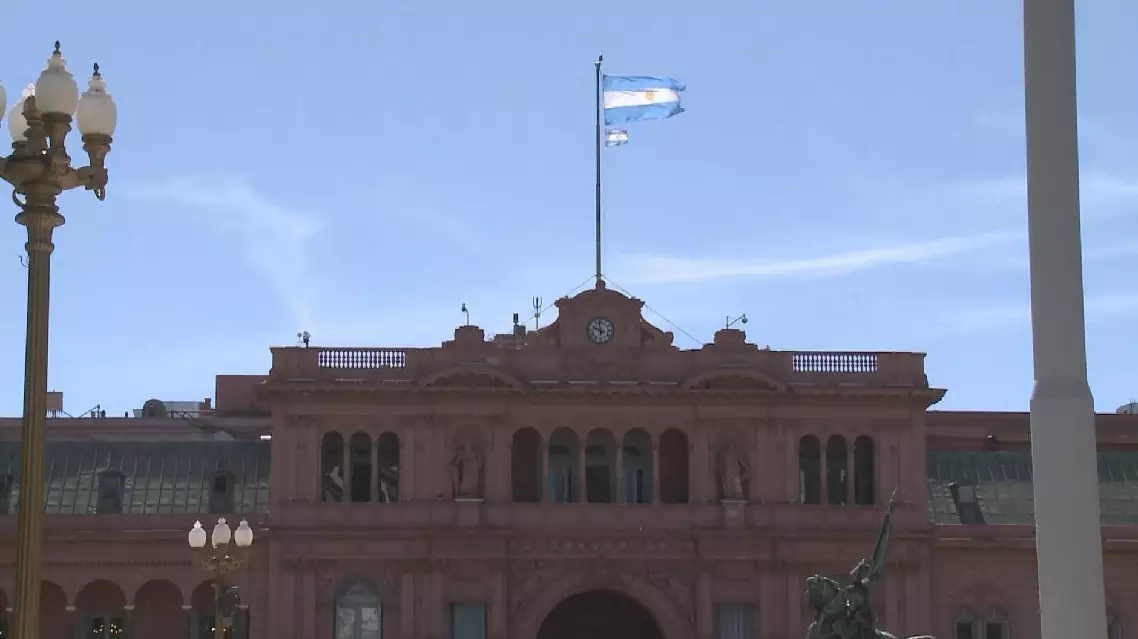
Argentina's economy poised for growth with promising outlook for 2025
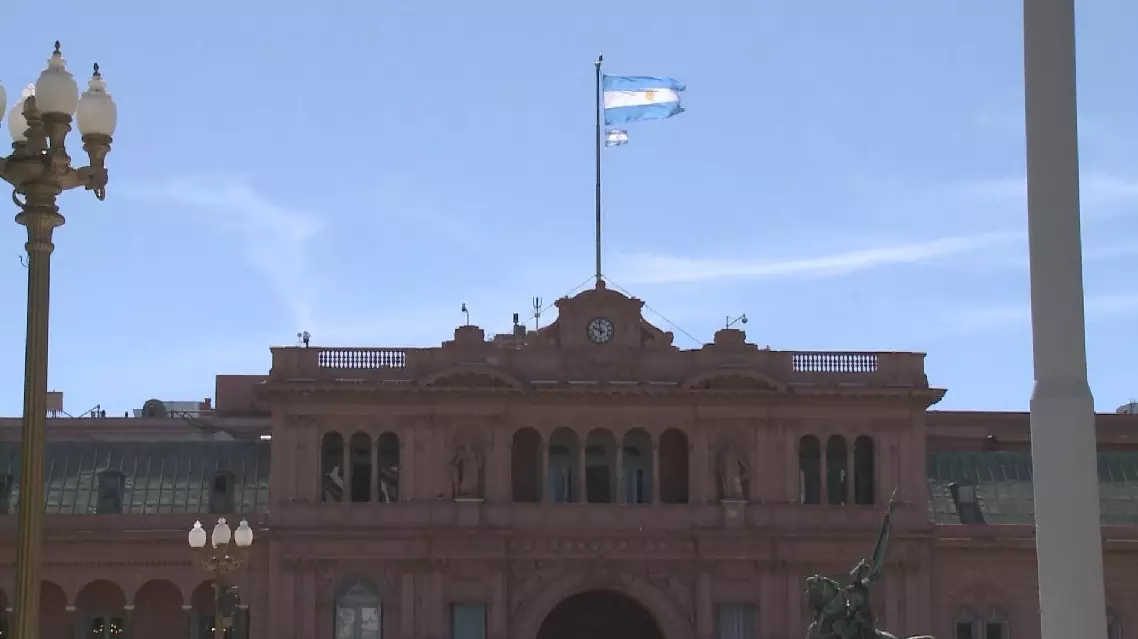
Argentina's economy poised for growth with promising outlook for 2025


